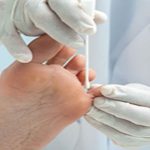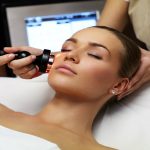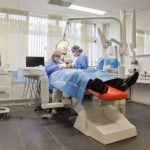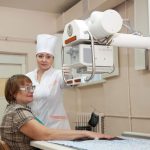Getting an autism diagnosis for a child can be a lengthy, and sometimes frustrating, procedure. First, many pediatricians or other doctors may suggest that the child has some similar medical issue, such as an anxiety disorder, and that can make it take longer for parents to seek out autism testing. In Springfield, NJ, Dr. Shifrin conducts autism evaluations, and strives to make the process as painless as possible. During the testing procedure, there are generally four main things that will happen.
A Medical Assessment
First, a medical assessment will be done, which includes things such as having a physical exam, a neurological exam, a vision test, and a hearing test. In some cases, laboratory testing may be done, as there are some genetic tests that can help diagnose autism.
A Psychological Assessment
The next part is the part that takes the longest. During an autism testing procedure, the neuropsychologist will observe and interact with the child. They are looking for things like how well the child’s cognitive abilities are developing, what their short-term memory is like, how well they handle social interaction, what their emotional responses to stimuli are, and so on. This part of the testing will also look at the child’s strengths and weaknesses when it comes to academic endeavors.
A Speech Assessment
Autistic children often have speech and language patterns that differ from a neuro-typical child’s. For example, many autistic children follow a pattern of behavior called “scripting”, in which they obsessively quote scripts from movies or other media. This assessment also looks at things like expression, the use of “everyday” language, and how well the child comprehends what is being said to them.
A Physical Therapy Assessment
Finally, an occupational therapy assessment will be done, which largely tests things like the motor skills of the child, and how they process sensory information. Many autistic children have reactions to sensory stimuli that would not be considered typical of a child, such as seeming extremely afraid of any toy that makes a noise.
Now What?
After these four parts to autism testing, the neuropsychologist can give their professional diagnosis, and start working on possible interventions or treatments. These may include things like speech therapy or educational tutoring. If you want to learn more about autism testing in Springfield, NJ you can contact the office of Dr. Joshua Shifrin at 123-966-0309. You can pay a visit to Facebook page for more information.








